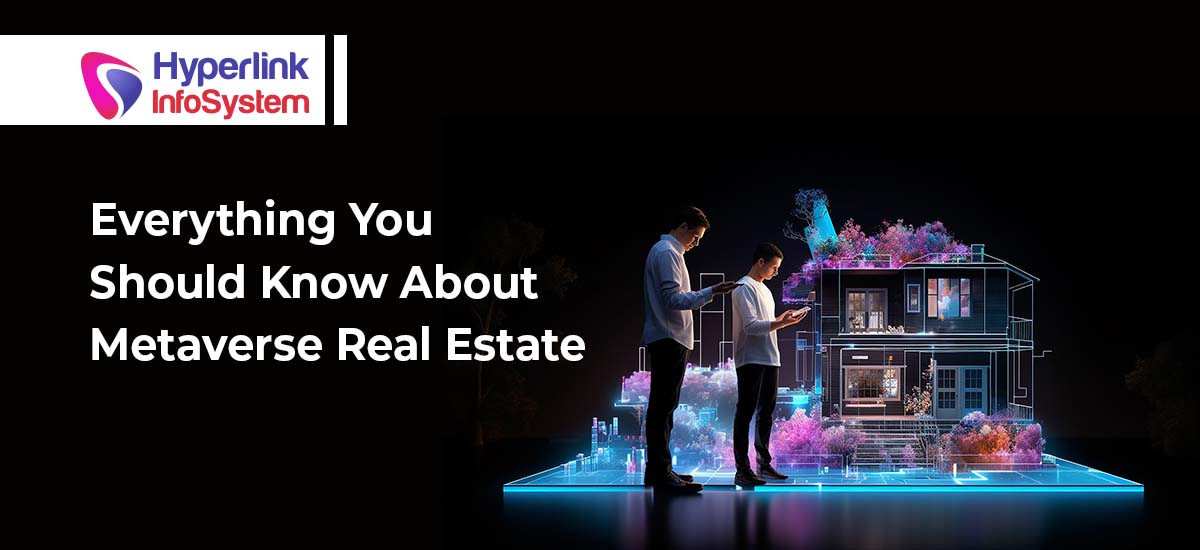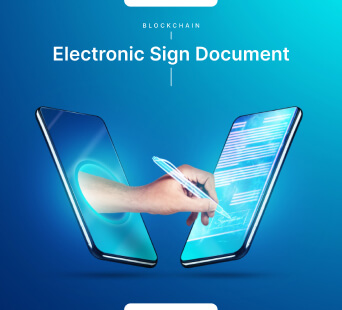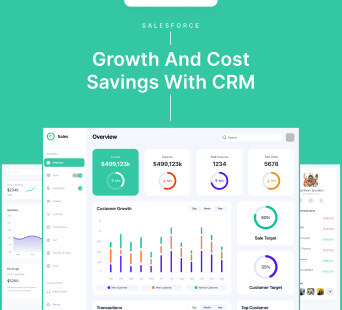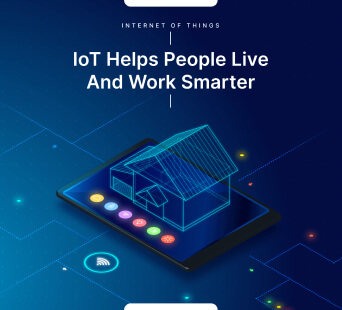The Metaverse, a multifaceted digital realm, transcends traditional notions of virtual reality. It constitutes a sprawling, interconnected digital universe where users traverse diverse immersive environments.
Beyond mere recreation, the Metaverse encompasses social interaction, commerce, education, and entertainment. Its inception heralds transformative paradigms across industries, heralding groundbreaking applications in gaming, education, healthcare, and commerce.
The Metaverse catalyzes innovation by converging augmented reality, virtual reality,
blockchain technology, and artificial intelligence, offering unprecedented experiences and altering the course of various sectors.
In this introductory section, we embark on a journey to decipher the multifarious facets of this digital frontier and its profound influence on contemporary industries.
The Emergence of Metaverse Real Estate
The transition from Virtual Reality to the Metaverse:
The evolution from traditional virtual reality (VR) to the Metaverse signifies a quantum leap in the digital realm.
Metaverse real estate transcends isolated VR experiences by creating an expansive, interconnected universe where users traverse, engage, and transact in virtual landscapes.
The Concept of Digital Real Estate
Digital real estate, a cornerstone of the Metaverse, embodies the ownership and development of virtual land and properties. These digital assets hold tangible value, akin to physical real estate, offering unique opportunities for investment and creativity.
Navigating Virtual Landscapes
The Concept of Virtual Land Ownership
In the Metaverse, virtual land ownership is a paradigm-shifting concept. It entails the acquisition and possession of digital parcels within virtual worlds or Metaverse platforms, granting users the rights to build, trade, and profit from their virtual properties.
Types of Virtual Landscapes
Virtual Worlds and Metaverse Platforms: Virtual landscapes encompass diverse environments, ranging from self-contained virtual worlds to expansive Metaverse platforms.
Understanding these distinctions is crucial for navigating the Metaverse real estate market and selecting the right digital property for various purposes. IV. Buying, Selling, and Investing in Virtual Land
Virtual Real Estate Marketplaces
The Metaverse hosts virtual real estate marketplaces, analogous to physical property markets.
The Role of Cryptocurrencies and NFTs
Cryptocurrencies, notably blockchain-based tokens, and Non-Fungible Tokens (NFTs), have revolutionized virtual real estate transactions. They enable secure, transparent, and immutable ownership records and smart contract executions within the Metaverse.
Investment Strategies in the Metaverse Real Estate Market
Navigating the Metaverse real estate market requires adept investment strategies. From land speculation to virtual development ventures, understanding the dynamics of this emerging market is pivotal for success.
Building and Developing Virtual Properties
Designing Virtual Buildings and Structures
The creation of virtual properties involves architectural design, encompassing the construction of virtual buildings, landscapes, and structures within the Metaverse. Design choices impact aesthetics, functionality, and user engagement.
Virtual Architecture and Interior Design
Virtual architecture and interior design are crucial aspects of crafting immersive virtual properties. These facets blend aesthetics and functionality to create appealing, user-friendly virtual spaces.
The Role of Virtual Real Estate Development Companies
Virtual real estate development companies specialize in designing, constructing, and optimizing virtual properties. They serve as key players in the Metaverse real estate ecosystem, shaping the digital landscapes users inhabit.
The Metaverse Real Estate Ecosystem
Key Players and Metaverse Platforms
The Metaverse real estate ecosystem comprises a diverse array of key players, including Metaverse platforms, technology giants, and pioneering startups. Understanding this landscape is essential for stakeholders seeking to enter the virtual real estate market.
Real Estate Development Companies in the Metaverse
Real estate development companies in the Metaverse wield considerable influence. They engage in land acquisition, property development, and ecosystem enhancement, contributing to the growth and vibrancy of digital communities.
Real Estate Agents and Brokers in Virtual Worlds
Just as in the physical world, virtual real estate agents and brokers facilitate property transactions within virtual worlds. They play a pivotal role in connecting buyers and sellers, offering valuable insights, and negotiating deals within the Metaverse.
Legal and Ethical Considerations
Property Rights and Ownership in the Metaverse
Establishing clear legal frameworks for virtual land ownership, transfer, and dispute resolution becomes paramount.
Regulatory Frameworks and Jurisdictional Challenges
The Metaverse's borderless nature presents jurisdictional challenges. Creating harmonious regulatory frameworks to govern virtual real estate while respecting local laws and international agreements is an evolving legal puzzle.
Ethical Issues Surrounding Virtual Real Estate
Ethical dilemmas emerge as virtual real estate becomes a tangible asset. These dilemmas encompass fair access, responsible development, and equitable representation within the Metaverse.
Use Cases and Applications
Virtual Real Estate for Social Interaction
Beyond gaming, virtual real estate serves as a platform for social interaction. Users gather in virtual spaces for meetings, parties, and social experiences, redefining online socialization.
Commercial and Business Ventures in the Metaverse
Businesses are venturing into the Metaverse to engage with customers, hold events, and offer immersive brand experiences. Virtual real estate becomes a hub for commercial activities and marketing initiatives.
Cultural and Educational Initiatives in Virtual Spaces
Cultural institutions and educational organizations are leveraging virtual real estate for exhibitions, museums, and educational environments. This shift augments accessibility and fosters innovative learning and cultural experiences.
Challenges and Future Outlook
Technical Challenges in Metaverse Real Estate
Technical challenges include optimizing virtual property rendering, ensuring seamless user experiences, and handling increased data volumes within the Metaverse. Solving these issues is critical for long-term viability.
Security and Privacy Concerns
Security and privacy in the Metaverse entail safeguarding user data, preventing cyberattacks, and ensuring confidential transactions. Addressing these concerns is central to building trust among users and stakeholders.
Conclusion
In the ever-expanding digital frontier, the convergence of Metaverse development and real estate has forged a groundbreaking paradigm shift.
To navigate this transformative landscape, entrepreneurs and investors must align themselves with visionary Metaverse development companies. These companies serve as the architects of digital landscapes, sculpting virtual experiences that blur the lines between the physical and virtual worlds. The need to
hire Metaverse developers, skilled in blockchain, virtual reality, and augmented reality technologies, becomes paramount to usher in this new era of real estate.
The future of the Metaverse in real estate is an unfolding narrative, where digital properties have tangible value, transactions are secured by cryptocurrencies and NFTs, and social interactions transcend geographical boundaries. Just as mobile app development companies revolutionized the smartphone era, the
Metaverse development companies of today are catalyzing this immersive digital realm.
As we stand at the precipice of this transformative journey, the question remains: Are you ready to embark on a path where the boundaries between reality and the Metaverse blur, and the real estate landscape undergoes a revolution that defies convention and unlocks unprecedented opportunities?
The Future Evolution of the Metaverse and Real Estate: The Metaverse is poised for significant growth and evolution. Understanding how real estate will adapt and integrate within this dynamic landscape is key to anticipating future trends and opportunities.


















